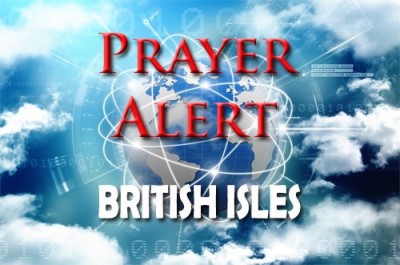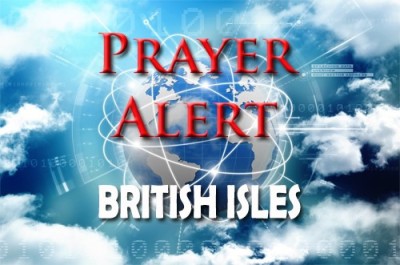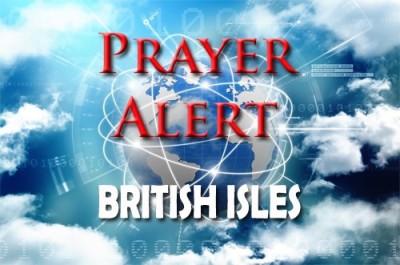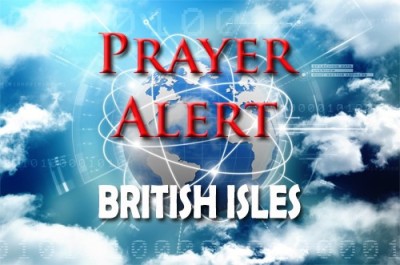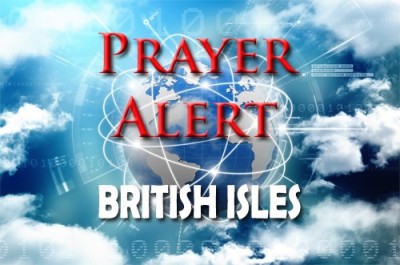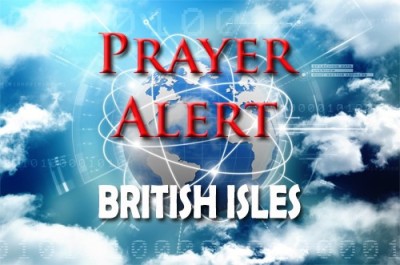Keir Starmer has announced a wide-ranging new UK-EU agreement covering trade, defence, youth mobility, and travel arrangements. Touted as part of a 'hat-trick' of international trade achievements alongside deals with the US and India, the agreement seeks to ease post-Brexit disruptions. Key measures include continued EU fishing access to UK waters until 2038, reduced border checks on food exports, and a new UK-EU defence and security pact. British holidaymakers will also benefit from increased access to e-gates and streamlined pet passport systems. Starmer said that this signals Britain is 'back on the world stage', with 'unprecedented access' to EU markets for a non-member state. However, the deal has been sharply criticised by Conservative leader Kemi Badenoch, who labelled it a 'total capitulation', claiming it compromises UK sovereignty. While welcomed by many as pragmatic progress, the deal’s success will ultimately hinge on how it balances trade benefits with national self-determination. See
UK inflation surged to 3.5% in April, surprising economists and intensifying concerns over the Bank of England’s strategy on interest rates. The rise follows months of falling inflation and comes amid steep household bill increases, particularly in energy and broadband costs. Huw Pill, the Bank’s chief economist, had warned just a day earlier that rate cuts were being implemented too quickly, describing the return to stability as 'stuttering'. Pill voted against this month’s rate cut, calling for a pause and slower reductions, while the Bank’s monetary policy committee remained split. Some members wanted a deeper cut, while others, including Pill, argued for restraint due to stubborn underlying inflation and continued wage growth. Traders now expect fewer rate cuts in 2025 than previously hoped, disappointing mortgage holders and borrowers. With over 2,000 UK companies going bust in April - the highest since last summer - concerns are growing over financial pressures on households and businesses. The debate now centres on whether the Bank can tame inflation without stalling economic recovery or deepening insolvency risks.
Keir Starmer has announced a policy reversal on winter fuel payment cuts, following widespread criticism and internal party dissent. Over 10 million pensioners lost the payment (worth £200 to £300 a year) in 2024 after Labour started to means-test it. The Government originally limited eligibility to those receiving pension credit or income-related benefits, saving an estimated £1.4 billion. However, backlash from charities, unions, and local Labour members, along with poor local election results, prompted a reassessment. In a surprise announcement during Prime Minister’s Questions, Starmer confirmed changes would be introduced in the autumn budget to allow more pensioners to qualify. Details remain unclear, including the revised eligibility threshold or whether changes will apply this winter. Former PM Gordon Brown supported the move, saying 'no pensioner should be forced into poverty.' Critics welcomed the U-turn but called for urgent clarity. With cost-of-living pressures and energy bills rising, many fear delays could leave elderly citizens vulnerable. Age UK urged ministers to ensure the revised policy protects those on low and modest incomes.
M&S cyber attack will cost £300 million
23 May 2025Marks & Spencer has confirmed that a major cyber attack will cost the company around £300 million, following significant disruption to its operations. The breach, traced to third-party access caused by 'human error’, has impacted contactless payments, online orders, and in-store stock availability. Almost a month on, M&S is still unable to process online orders in its fashion, home, and beauty departments - losing an estimated £3.5 million per day in sales. Chief executive Stuart Machin stressed that the company had not underinvested in security, noting that other retailers such as Harrods and the Co-op have also faced similar attacks. The breach has also resulted in customer data theft, though no payment details or passwords were compromised. The Government has called the recent wave of cyber attacks a 'wake-up call' for UK industry, warning of the need for greater resilience amid growing digital threats.
NHS launches world-first gonorrhoea vaccine
23 May 2025NHS England will become the first health system in the world to offer routine vaccination against gonorrhoea, as infections reach record highs. Targeting those most at risk, primarily gay and bisexual men with a history of multiple partners, the vaccine is expected to begin rollout through sexual health clinics in August. Adapted from the MenB meningitis vaccine, it is estimated to reduce gonorrhoea risk by 30–40%. Though not originally designed for STIs, the bacteria responsible for gonorrhoea is closely related to the meningitis B strain. England recorded over 85,000 cases in 2023—the highest since records began in 1918. The spread of antibiotic-resistant strains has heightened concerns, making prevention more vital than ever. If uptake is strong, the vaccine could prevent 100,000 cases and save the NHS £8 million over ten years. Public health leaders in Scotland and Northern Ireland are exploring similar programmes. Experts emphasise that while not a cure-all, the vaccine marks a significant step in reducing the spread of a challenging and increasingly drug-resistant infection.
A record-breaking 820 migrants crossed the English Channel in small boats on 21 May, the highest daily total so far this year. Tragically, two died during the journey, bringing this year’s Channel death toll to 12. A French naval vessel recovered their bodies and assisted others in distress. The rising number of crossings (now exceeding 13,500, a 30% increase from last year) underscores the continued urgency of the crisis. Despite a fall in overall net migration to an estimated 616,000 in 2024, the Government faces mounting pressure over its handling of illegal crossings. Nearly 30,000 have been deported since Labour took office, including foreign criminals and failed asylum seekers, but only a small proportion of them arrived in small boats. Critics, including the Refugee Council, warn that enforcement alone is failing, with smuggling networks profiting from human desperation. Meanwhile, politicians debate the future of immigration, enforcement, and public perception amid a deeply divided national conversation.
Russian foreign minister Sergey Lavrov has acknowledged delays in weapons deliveries to Armenia due to the strain of the war in Ukraine. Armenia, a long-time Russian ally, has historically depended on Russian arms amid its bitter decades-long conflict with Azerbaijan. However, as Moscow struggles to meet military commitments, Armenia is increasingly turning to Western partners like France and India for defense support. Lavrov said that these shifts were worrying, especially given France’s strong opposition to Russia's actions in Ukraine. But Armenia has expressed deepening frustration with Moscow, particularly after Russian peacekeepers failed to prevent the mass exodus of over 100,000 ethnic Armenians from Nagorno-Karabakh during Azerbaijan’s swift military campaign in September 2023. As Armenia rethinks its security alliances, the region remains volatile, with historical wounds and unresolved tensions continuing to shape its strategic decisions.
Romania: pro-European wins presidential election
23 May 2025Nicusor Dan, the liberal and pro-European mayor of Bucharest, has defeated far-right nationalist George Simion in Romania’s presidential run-off, securing 54% of the vote. His victory followed months of political upheaval, including a contested earlier election annulled over alleged Russian interference. Despite Simion’s strong support from Romanians abroad and his alignment with banned candidate Calin Georgescu, Dan prevailed with broad domestic backing. Supporters praised his anti-corruption platform, EU alignment, and commitment to Ukraine. Jubilant crowds celebrated in Bucharest after results confirmed his win. Many voters viewed him as a stabilising force in contrast to Simion’s nationalist, anti-EU rhetoric. International leaders, including those from Moldova and Ukraine, welcomed Dan’s win as a reaffirmation of Romania’s European path. Nonetheless, Simion’s strong showing reveals significant dissatisfaction, especially among Romanians abroad, signalling ongoing political tensions that Dan must now work to heal.
